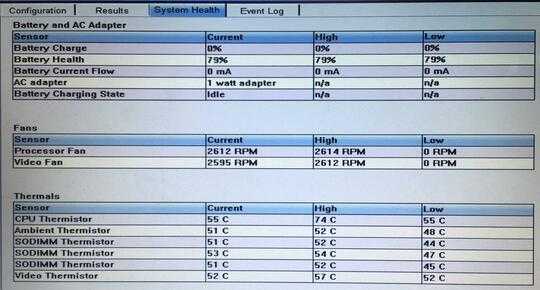2
2
I use Windows 10 on a Dell Precision M6600 workstation. It is a few years old but high-end laptop, with an i7 processor, 12 GB RAM, two 256-GB SSDs, and an NVIDIA 3000M graphics adapter. I have been running Windows 7, then 8.1 and then 10 with excellent performance.
Suddenly, one or two months ago, the machine turned sluggish. Opening Edge takes a few seconds, switching tabs takes also a few seconds, and working with large and complex documents in Word or Publisher, which used to be snappy, is now almost impossible; they often freeze for several seconds when zooming in on a page. Entering text into the Windows/Cortana search box is almost impossible: buffered characters appear one per second or worse.
CPU, memory, and disk loads seem not to be the problem, because Task Manager and Performance Monitor report very low figures. For example, when Publisher or Word freeze up, CPU rarely goes above 10%, memory is usually around 30 or 40%, and disk rarely goes above 5%.
A couple of weeks ago, I repaired Windows (which deleted all the installed apps but kept my data) and reinstalled everything. For a few days, the machine performed very well, but then it went back to being sluggish as usual. It seems that becoming sluggish is a gradual process over an extended period of time rather than a sudden change.
I have considered a faulty video driver, but honestly I have no idea what the problem may be, or how to diagnose it. Can you help? Thanks.

4What is the reported health status of both SSDs? – Ramhound – 2017-03-20T20:22:11.137
1Confirm that the system isn't overheating. Is the heat sink fan spinning? Is it clogged with dust? Is the power supply fan spinning? – David Schwartz – 2017-03-20T20:47:07.073
This sounds like an approaching failure of one or both of your SSDs. Check to see if the drives have any bad sectors or are reallocating sectors often. SMART status or chkdsk can give the above info. – Mr Public – 2017-03-21T01:26:55.487
Thanks all.
chkdskreports that both SSDs have zero bad file records and that "no further action is required". Fans come up every now and then, but they are not always on and the system is not overly hot. I can't see anything clogging the fan vents. – CesarGon – 2017-03-21T07:40:44.7001chkdsk isn't good enough for SSDs. Use either manufacture software to share the health or the S.M.A.R.T status data. – Ramhound – 2017-03-21T13:23:17.570